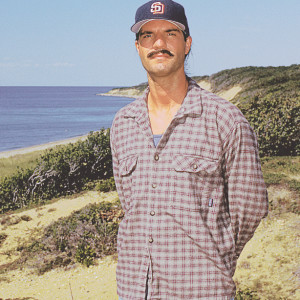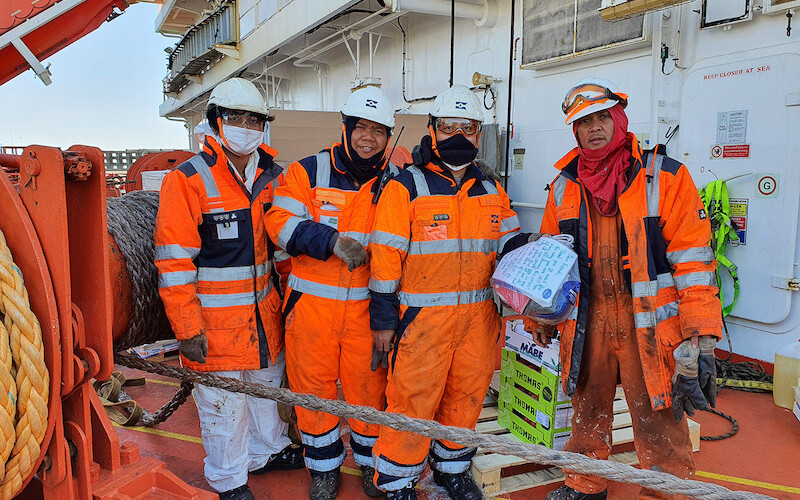Decisions, decisions, decisions. We make them all day long, while afloat and ashore. From those that affect many people, to the narrowly focused that affect few, people at every level must make countless decisions that impact (in no particular order) profitability, efficiency, reliability, safety and much more.
The aforementioned are in no particular order because, while they’re all important, their individual importance is a constantly changing variable. Judging that importance can be extraordinarily difficult because accurate risk-analysis is very hard to do.
Decisions made solely by individuals tend to compare unfavorably with those made by a group, although the dangers of groupthink should never be underestimated. In the interest of improving risk-analyses and making better decisions, various methods used throughout all types of organizations have evolved from the basic principle of advocatus diaboli, Latin for “devil’s advocate.” It began at least as far back as the early 1500s as a way for the Roman Catholic Church to pre-screen candidates for canonization. Often, success in these human endeavors has historically been elusive.
A relatively modern version of this method is called the “10th man rule.” The core principle of the rule is that in a council of 10 people, if the first nine have all managed to reach the same conclusion and/or are in basic agreement on a course of action then it automatically becomes the duty of the 10th person, regardless of what they personally believe, to take an opposing or contrarian position or viewpoint and argue it.
The point is to continually engage in good-faith but serious discussion of all ideas, assumptions, practices, procedures, specifications, etc. Everything, without exception, should be thoroughly researched, checked for accuracy or outright errors that could result in failure.
Doing this consistently — for many reasons mostly having to do with human nature — does not guarantee success. But it can go a long way towards lowering the likelihood of a failure, or at least lessen the severity of a failure that cannot be avoided.




